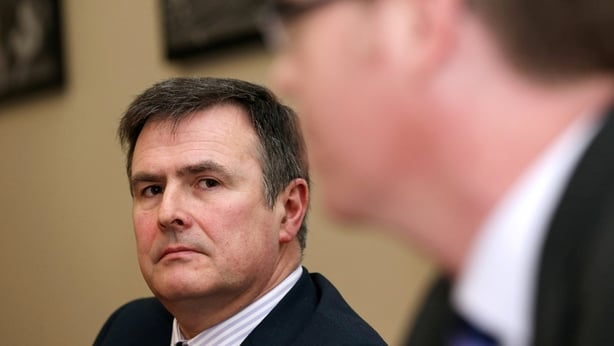Croke Park’s Stadium Director has dismissed suggestions that the pitch at GAA Headquarters becomes virtually unplayable after a shower of rain.
In the wake of last week’s dramatic drawn All-Ireland final between Dublin and Mayo, pundits and analysts lined up to say that the pitch had an adverse affect on the game.
Shortly after throw-in, the rain started to fall over Croke Park and it seemed as though players were struggling to keep their footing.
In his Irish Independent column after the draw, former Dublin star Alan Brogan claimed that on wet days Croke Park’s pitch becomes far harder to play on.
“On the warm sunny days we imagine All-Ireland finals are played on, it looks like a freshly-lined snooker table and plays like a dream,” he said.
“But that pitch is the slippiest playing surface I know after rainfall and I’m not talking about a deluge either.”
However, Peter McKenna, Croke Park’s Stadium Director, says that the pitch performs equally well in all weathers and that there is data to prove it.
“I don’t think it’s an issue,” said McKenna, who has overseen the playing surface since the stadium’s €190 million redevelopment, which was completed in 2002.
“We regularly measure the moisture, hardness and traction of the pitch using specific devices to do so, so we can have comparisons game-on-game, month-on-month, year-on-year.
“We make sure that these readings are within set tolerances. We aren’t standing outside, sticking our finger in the air and saying ‘it’ll be grand’; this is methodically looked at.
“We often hear people saying that the grass was too long or two short for a certain game, but the grass has been the exact same length on match-day for the past three years.”

In the early years after the new Croke Park was opened, the pitch was regularly criticised for being too hard and after rain it became extremely slippery.
We aren’t standing outside, sticking our finger in the air and saying ‘it’ll be grand’; this is methodically looked at - Peter McKenna
McKenna (above) and his staff took these complaints on board, made changes and since then there have been far fewer negative comments about the playing surface.
“The first iteration of the pitch was a Desso (brand) pitch, which didn’t work for us. Due to the substrate (lower layer) of sand we had, there were too many small particles, which led to a concrete effect and a very hard surface.
“There was also a polyurethane yarn woven into the pitch, which, it turns out, prompted algae growth and led to a slippery surface.
“We took all of that out, put in a new upper root zone with a better distribution of sand particles. This has worked well and we have been very please with the performance since then.”
Watch live coverage of Dublin v Mayo on The Saturday Game on RTÉ2 and the RTÉ Player from 1600 and follow our live blog on RTE.ie. Live radio coverage on Saturday Sport on RTÉ Radio 1 and highlights on The Saturday Game on RTÉ2 from 2200.


